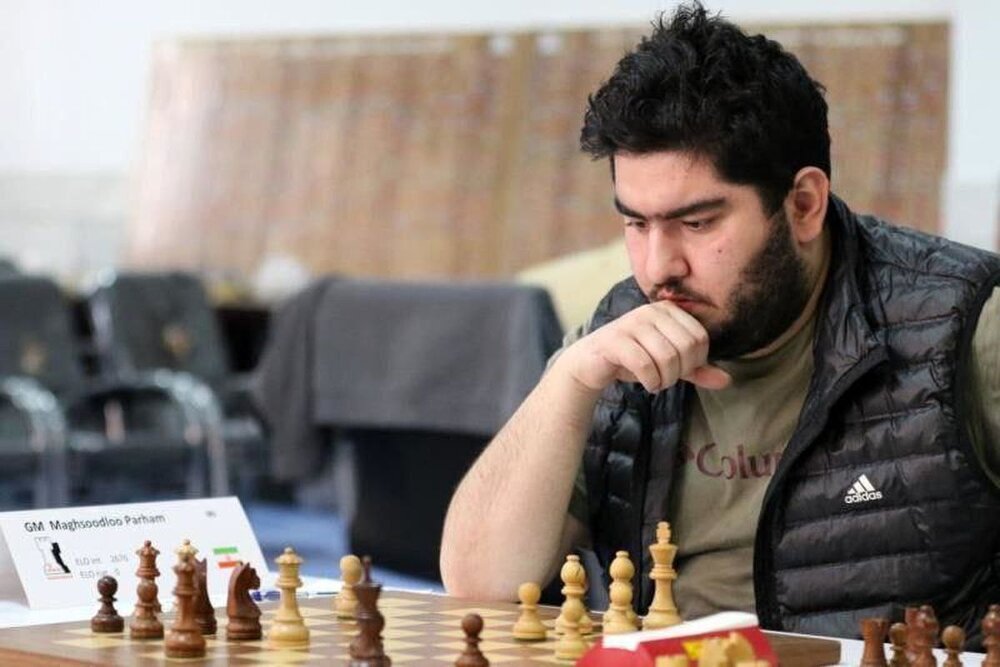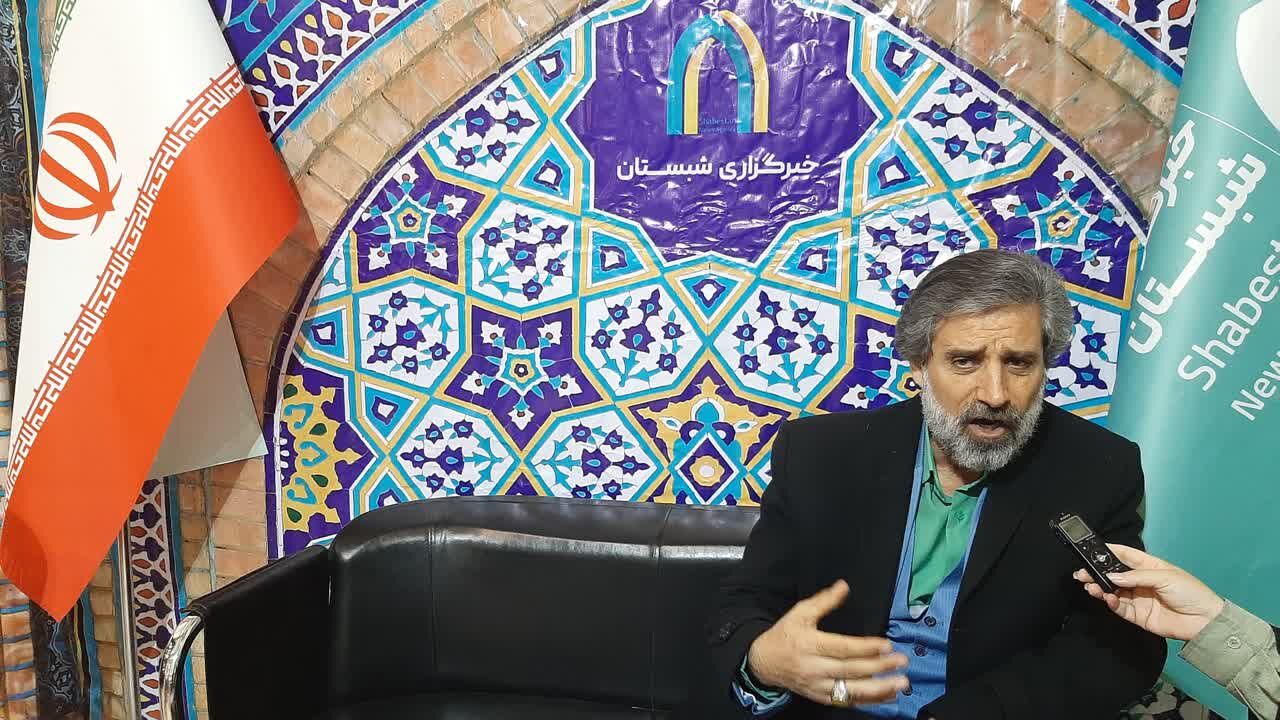Trump links Turkey sanctions relief to cutting Russian oil trade
Trump links Turkey sanctions relief to cutting Russian oil trade

US President Donald Trump signalled last week to Turkish officials that he could lift sanctions on Turkey if Ankara ends its oil trade with Russia, Middle East Eye understands.
During an Oval Office meeting with Turkish President Recep Tayyip Erdogan last week, Trump expressed his desire for Turkey to end purchases of Russian oil.
“I’d like him to stop buying any oil from Russia while Russia continues its rampage against Ukraine,” Trump told reporters.
Multiple sources familiar with US-Turkey discussions said Trump privately linked Turkey’s Russian oil imports to sanctions imposed in 2020 after Ankara’s purchase of the Russian S-400 air defence system.
Turkey was hit with two categories of sanctions after the S-400 purchase.
US officials communicated to Turkey that lifting sanctions imposed by Congress under the National Defence Authorization Act, or NDAA, would be more difficult than lifting the other penalties placed under the Countering America’s Adversaries Through Sanctions Act (CAATSA).
An amendment to the 2020 NDAA restricts the transfer of F-35 fighter jets to Turkey and does not include a presidential waiver.
'Trump doesn’t like the NDAA language, but can’t work around it'
– Senior western official
“Trump doesn’t like the NDAA language, but can’t work around it," a senior western official told MEE.
However, a former US official and the senior western official familiar with discussions within the Trump administration said the president told Turkey that he could act more quickly on CAATSA sanctions if Ankara stopped buying Russian oil.
In addition to the NDAA, Turkey’s Presidency of Defence Industries (SSB), the top procurement agency, was hit with sanctions under the CAATSA. This included a ban on US export licences to SSB, as well as asset freezes and visa restrictions that Turkish and US officials say have stifled wider defence cooperation.
Turkey has long sought the removal of both sets of sanctions. Trump said last week that he could “immediately lift them” if his meeting with Erdogan went well.
Looking to leverage
According to LSEG data cited by Reuters, Turkey is the second-largest importer of seaborne Russian Urals crude after India. While Ankara has not joined western sanctions on Russia, it has complied with international laws and restrictions.
Trump publicly lobbied Nato countries to stop purchasing Russian energy at the UN General Assembly in September. Turkey is not the only buyer of Russian energy in the alliance - both Slovakia and Hungary are also buying sizable quantities.
A former US official said Trump was looking to leverage defence discussions with Ankara to energy, and he “will not move on sanctions until Turkey addresses Russian oil purchases”.
“If US demands include natural gas, that would be impossible,” he said, adding that 25 percent of Turkey's total energy is supplied by Russian gas - with a “much higher percent for electricity and households”.
The White House believes it would be easier for Turkey to cut out Russian oil purchases, MEE understands.
Private Turkish firms purchased 1.6 million tonnes of Urals crude in June, the highest level since May 2024, though imports are expected to fall to about 1.2 million tonnes this month, according to preliminary data.
Asked whether Erdogan had agreed to halt Russian oil purchases after their meeting, Trump replied: “I don’t want to say that, but if I want him to, he will, yeah… I didn’t say, ‘Okay, you stop,’ but I believe he will stop.”
A diplomatic source familiar with the discussions said Trump may lift sanctions within a few months if he sees tangible progress on the issue.
Last week, Turkey signed energy and aerospace deals with the US worth more than $60bn, but Erdogan faced domestic criticism for not securing immediate results from his White House visit.
A key goal for Ankara
The removal of CAATSA sanctions is viewed in Ankara as a key goal, as the US president has the authority to lift them by submitting a certification to Congress stating that sanctioned individuals and entities are no longer conducting significant transactions with Russia’s defence sector.
Although Turkey initially intended to acquire several S-400 systems, it ultimately bought only one in 2020, and no additional deals with Russia have been made since.
In April, Turkish Foreign Minister Hakan Fidan said there were around $20bn of spare parts that Turkey’s defence industries and companies hope to purchase from the United States once sanctions are lifted.
Fidan also noted last weekend that Ankara’s request to buy F-16 engines for its fifth-generation Kaan fighter jet programme has been blocked by Congress.
“CAATSA is creating a chilling effect on any military transactions,” said a source familiar with the negotiations.
Turkey is seeking to acquire approximately 100 F-16 engines, in a deal worth billions of dollars.












